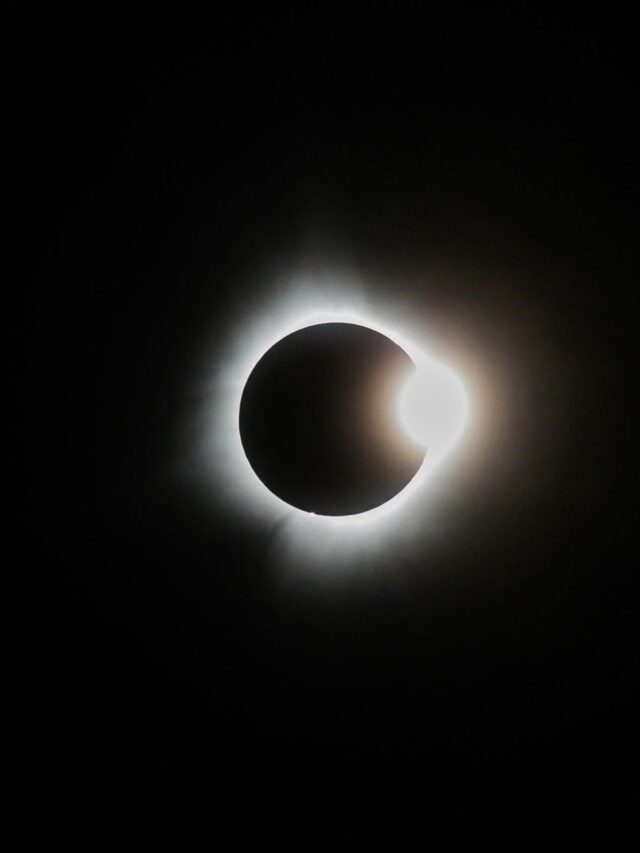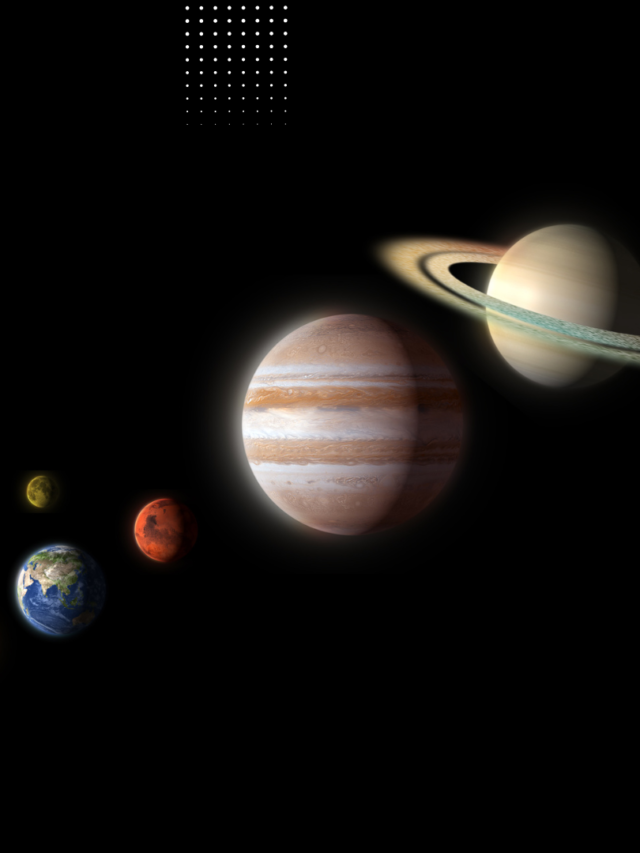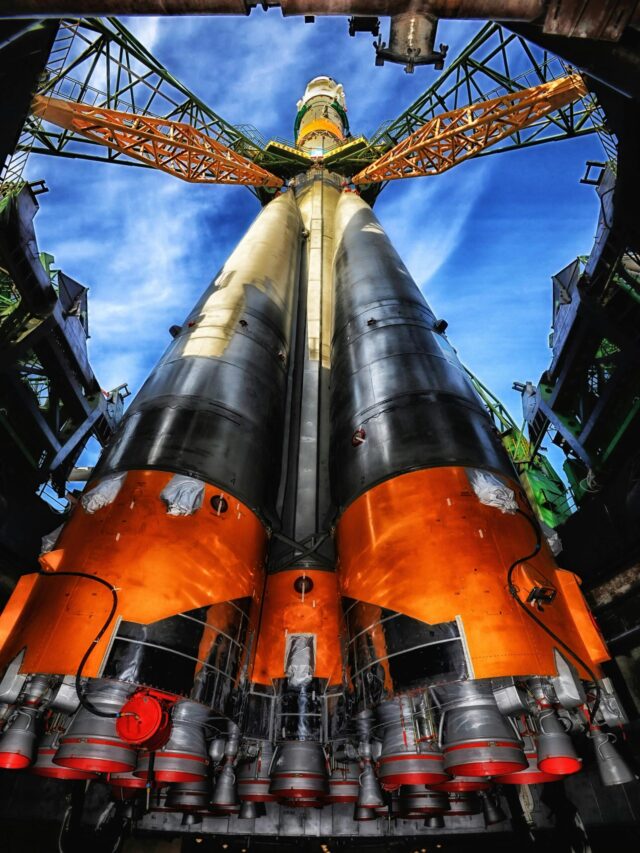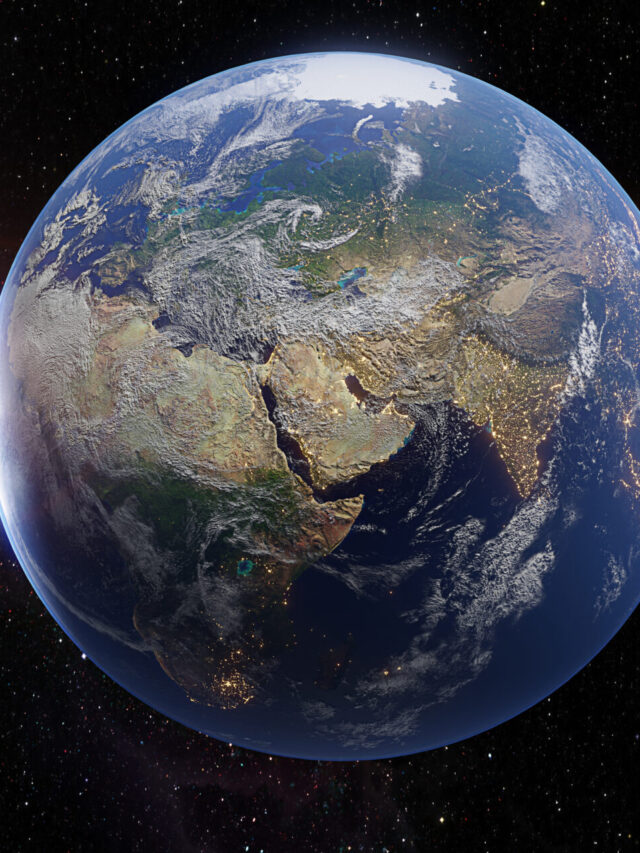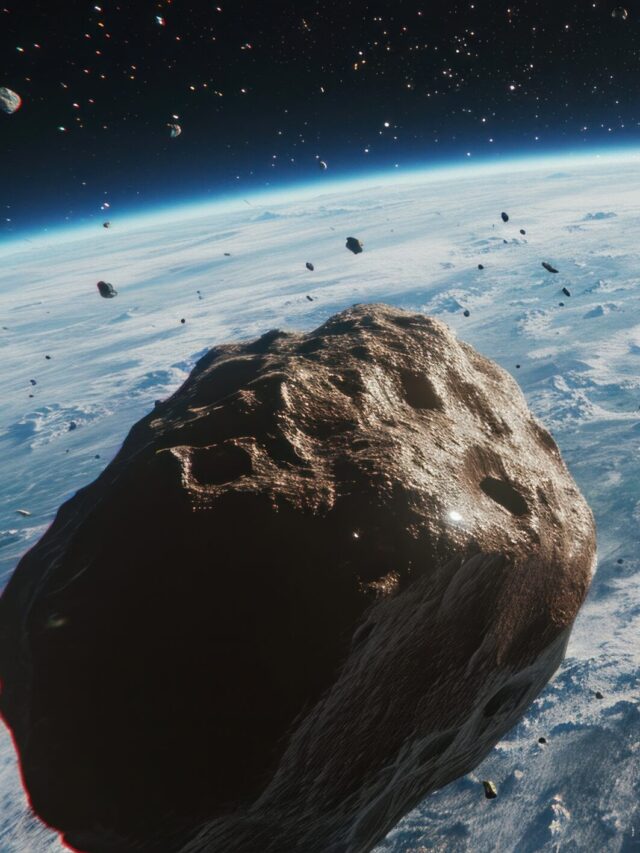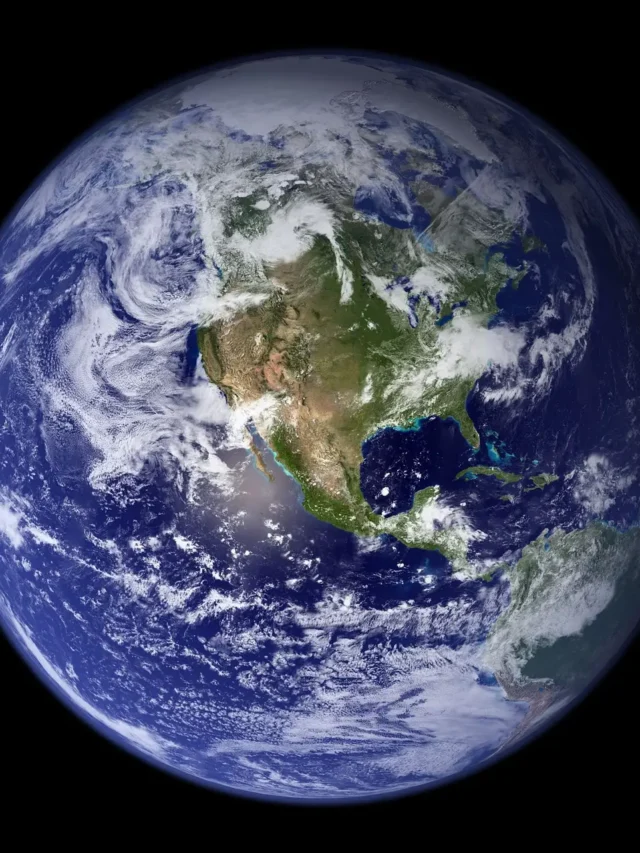One Day on Other Planets?
A Day on Other Planets? rotations on its axis (a day) and orbits around the Sun (a year) when comparing Earth’s period to those of other planets in our solar system.
Mercury

- Day: 1 Mercury day = 58.6 Earth days
- Year: 1 Mercury year = 88 Earth days
Venus
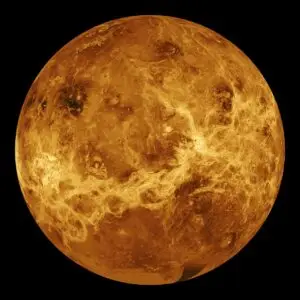
- Day: 1 Venus day = 243 Earth days (longer than its year!)
- Year: 1 Venus year = 225 Earth days
Earth
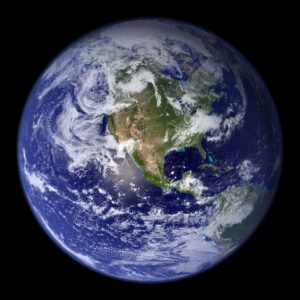
- Day: 1 Earth day = 24 hours
- Year: 1 Earth year = 365.25 days
Mars
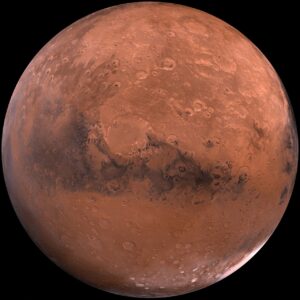
- Day: 1 Mars day (Sol) = 24.6 hours (just a bit longer than an Earth day)
- Year: 1 Mars year = 687 Earth days
Jupiter
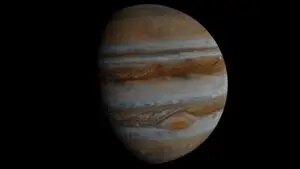
- Day: 1 Jupiter day = 9.9 Earth hours (shortest day in the solar system)
- Year: 1 Jupiter year = 11.9 Earth years
Saturn
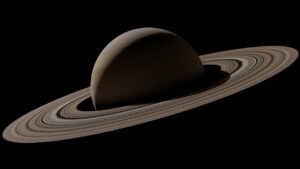
- Day: 1 Saturn day = 10.7 Earth hours
- Year: 1 Saturn year = 29.5 Earth years
Uranus
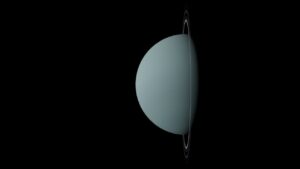
- Day: 1 Uranus day = 17.2 Earth hours
- Year: 1 Uranus year = 84 Earth years
Neptune

- Day: 1 Neptune day = 16.1 Earth hours
- Year: 1 Neptune year = 165 Earth years
Pluto (Dwarf Planet)
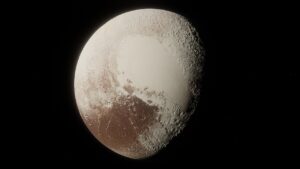
- Day: 1 Pluto day = 153.3 Earth hours (about 6.4 Earth days)
- Year: 1 Pluto year = 248 Earth years
Key Insights:
- Day Lengths: Every planet has a different spin, literally, ranging from Venus’s lengthy 243-day rotation to Jupiter’s quick 10-hour days!
- Year Lengths: Planetary years differ greatly; for example, Mercury orbits the Sun in 88 Earth days, but Neptune, which is far from us, takes a sluggish 165 Earth years.
- Quirky Orbits: Some planets, like Venus, have days that are longer than their years, while other planets, like Jupiter, have days that are only a fleeting moment in time.
Is time on Earth different from other planets?
Gravitational time dilation is a concept from physics that describes the changes in time that general relativity brings about.
Nearby time is slowed down by a gravitational field created by heavy objects like planets.
What is 1 year in Mars?
Due to its slower speed and greater distance from the sun, a complete orbit of Mars takes 687 Earth days, or one Mars year. Longer seasons follow from that longer year.
Is time faster in space?
The faster you go, the slower time goes by. For instance, time appears to move more slowly to astronauts traveling at high speeds on a space station than it does to individuals on Earth. But this change is so small that it is hardly quantifiable.
What is faster, light or time?
Nothing can go faster than light, as far as we are aware. However, when one approaches the speed of light, time behaves differently, enabling one to move through time faster than others who follow. It is therefore not possible to return, even though it is theoretically possible to travel into the future.
Conclusion:
These intriguing variations highlight the varied and dynamic character of our solar system and are caused by the distinct rotation velocities, axial tilts, and separations of each planet from the Sun. Time travel throughout the planets is an amazing and crazy experience, whether you’re picturing a year on Neptune or organizing a fictitious day trip to Jupiter.
